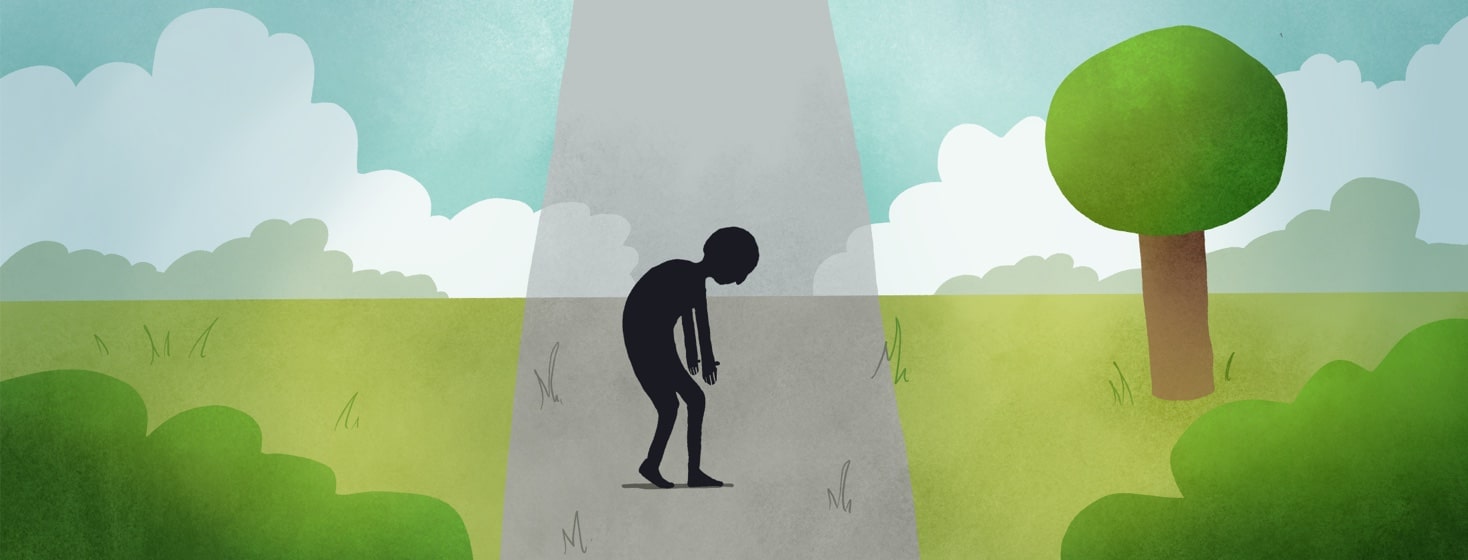Is Unattended Grief Hurting You?
The Swiss-American psychiatrist Elisabeth Kübler-Ross popularized the common understanding that humans process grief and loss in stages in her 1969 book On Death and Dying. Kübler-Ross revised her vision throughout her career, particularly as concerns arose about the framework being used by some to evaluate “how well” the bereft were progressing toward an ultimate goal of acceptance. Yikes!
Her peers continue her work. Some have come to question the validity of the "stages" approach, contending that it’s messy. For them, it's too difficult to quantify what's happening as individuals move toward acceptance.
I get it. They're not entirely wrong. This also makes me giggle. The battle for public opinion is over and the bean counters lost. The stages are the lingua franca of the broken-hearted. It's on the money and the flag. The clinical study of grief and loss should welcome rigor and innovation, but at some point, psychiatry and rationality give way to the soul.
So what?
It's settled folk wisdom that people spend time grappling with denial, anger, bargaining, depression, and acceptance with some detours along the way. What does this mean for patients with chronic illnesses and disabilities like arthritis? Lots!
Grief is a normal
It's normal for folks experiencing disability or chronic illness to grieve. We might come by it naturally, through our own understanding of our lives and the bodies we live them in. Or we could get slapped with criticism and rejection when our bodies fail to meet certain cultural or economic expectations.
Denial and bargaining
We live in a strange place. Our losses are real, but often unseen or misunderstood. We might have to cover them up for social acceptance or continued employment. We're also pushed to rely on denial as a coping mechanism in the form of toxic positivity or continually seeking folk cures.
Anger
We arthritis patients aren't encouraged to spend much time processing our anger, but it's there. I get angry when my body won't do the things that I want to do. Anger pops up when I slip into the trap of comparing myself to healthier peers.
Acceptance
Accepting chronic illness or disability looks exactly like a failure in this culture. Perhaps we’ve given up on being healthy? Nope. Being healthy gave up on us. Just when it feels like I've accepted my arthritis, something else happens. Intense pain or fatigue disrupting my life can easily drag me back to anger.
Now what?
For me, arthritis grief is about accomodating the consequences of my losses. Denial and bargaining, anger, and depression are here to stay. Depending upon the day this will be more or less acceptable. On the best days, this conflict is reconciled in the relationships that comprise my personal life and in my profession as a patient advocate, writer, and artist. This is enough. I will make it enough.

Join the conversation